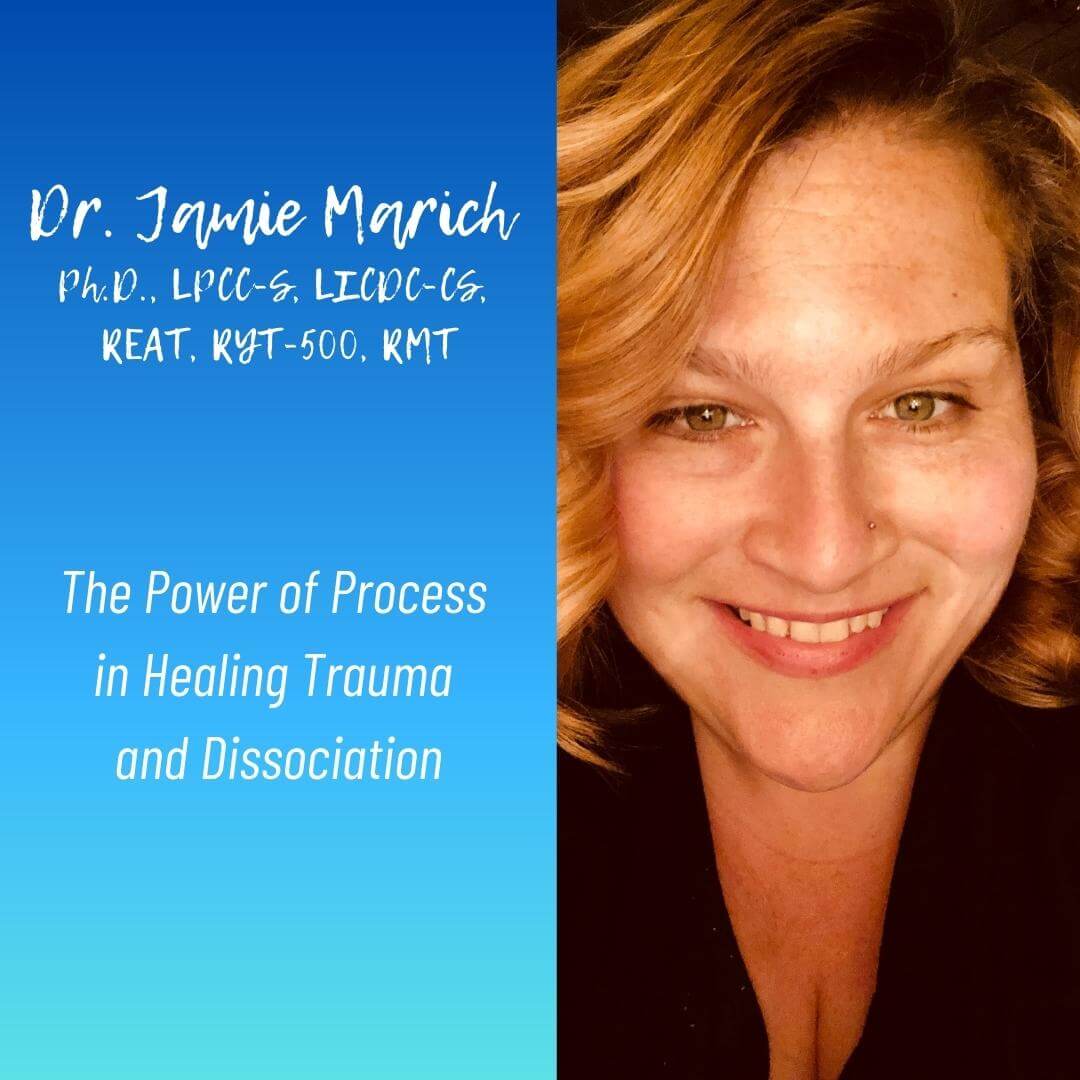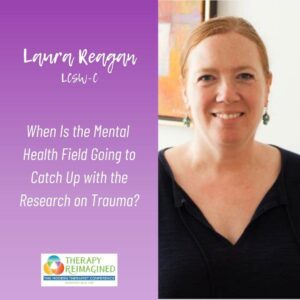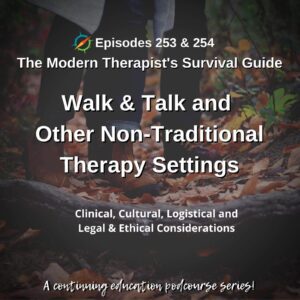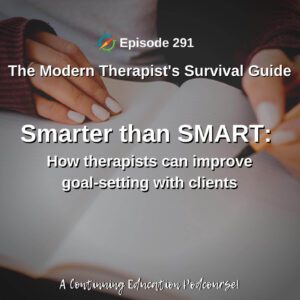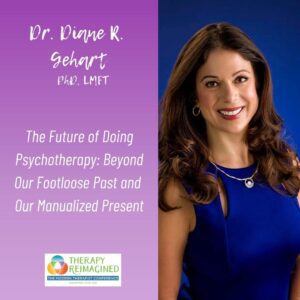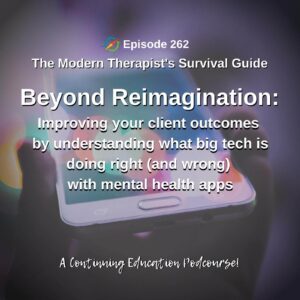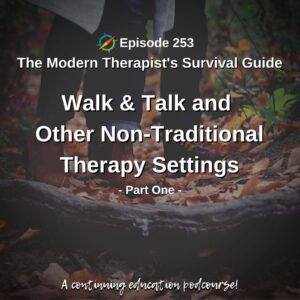In many trauma-focused modalities, a great deal of fear still abounds on working with various manifestations of dissociation. This course seeks to debunk the myths and provide a practical and sensitive orientation to how the dissociative mind works. Participants are challenged to expand their internal knowledge of conceptualizing and healing dissociation within a trauma-focused lens for clinical practice. In this highly interactive course, participants are given a primer on working with grounding skills in stabilization and preparation phases of trauma work. Special attention is given to working with expressive arts and mindfulness-focused strategies. Participants will receive thorough instruction on several theories of dissociation while also exploring their own dissociative profile and internal system of parts. Strategies are given for translating this knowledge to practice settings and making the best clinical decisions possible, particularly in treatment planning and working with challenging clinical scenarios. Dr. Marich is not only known for her expertise as an EMDR therapy and expressive arts trainer and writer, she is also “out” about her experience of living as a woman with a long-time dissociative disorder. No question in this workshop is off-limits as candidness and getting real is heartily encouraged.
After this course, participants will be able to:
- Define dissociation in a trauma-focused manner and explain the multi-faceted, prismatic manner in which signs of dissociation may manifest in life
- List 5 common myths about working with dissociative clients
- Explain, in a general way, several theories of dissociation and utilize at least two metaphors to explain it to a client
- Describe one’s own dissociative profile as an individual and translate this learning about the self into better understanding the internal world of a dissociative client
- Implement at least 2-3 strategies from expressive arts therapy and mindfulness-informed approaches into early phases of trauma-focused treatment (Stabilization/Preparation), particularly for grounding and building awareness, and in later phases (Closure) for safely concluding and linking sessions
- Apply at least 2-3 strategies learned through the previous objectives for enhancing case conceptualization and managing abreactions or difficult clinical situations
- Decrease overall fear and increase personal confidence in working with dissociative clients in professional settings
Our Presenter
Dr. Jamie Marich PH.D., LPCC-S, LICDC-CS, REAT, RYT-500, RMT
Dr. Jamie Marich (she/they) is a clinical trauma specialist, expressive artist, writer, yogini, performer, short filmmaker, Reiki master, TEDx speaker, and recovery advocate, she unites all of these elements in her mission to inspire healing in others. Jamie maintains a private practice and online education operations in her home base of Warren, OH. Marich is the founder of the Institute for Creative Mindfulness and the developer of the Dancing Mindfulness approach to expressive arts therapy. Marich is the author of several books, including EMDR Made Simple: 4 Approaches for Using EMDR with Every Client (2011), Trauma and the Twelve Steps: A Complete Guide for Recovery Enhancement (2012), Trauma Made Simple: Competencies in Assessment, Treatment, and Working with Survivors, and Dancing Mindfulness: A Creative Path to Healing and Transformation (2015). NALGAP: The Association of Gay, Lesbian, Bisexual, Transgender Addiction Professionals and Their Allies awarded Jamie with their esteemed President’s Award in 2015 for her work as an LGBT advocate. The EMDR International Association (EMDRIA) granted Jamie the 2019 Advocacy in EMDR Award for her using her public platform in media and in the addiction field to advance awareness about EMDR therapy. Marich is in long-term addiction recovery and is actively living with a Dissociative Disorder.
___________________________________________________________________________________________________________________________________________________________________________
Therapy Reimagined is approved by the California Association of Marriage and Family Therapists to sponsor continuing education for LMFTs, LPCCs, LCSWs, and LEPs (CAMFT CEPA provider #132270). Therapy Reimagined maintains responsibility for this program and its content. Courses meet the qualifications for the listed hours of continuing education credit for LMFTs, LCSWs, LPCCs, and/or LEPs as required by the California Board of Behavioral Sciences. We are working on additional provider approvals, but solely are able to provide CAMFT CEs at this time. Please check with your licensing body to ensure that they will accept this as an equivalent learning credit.
